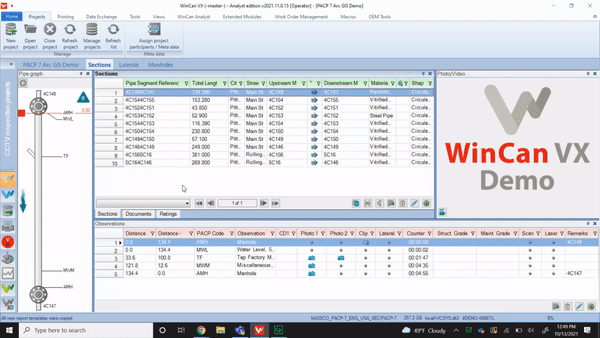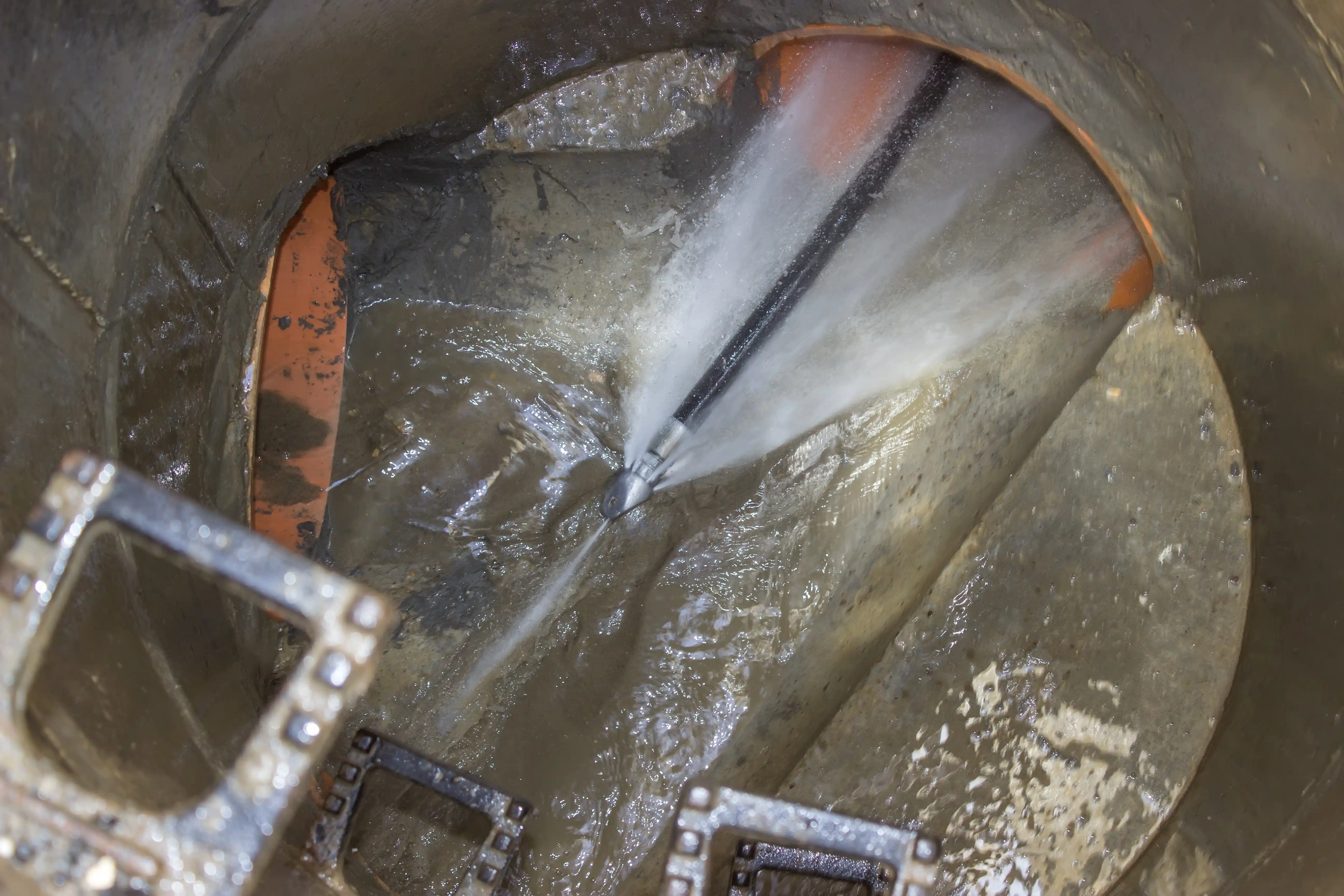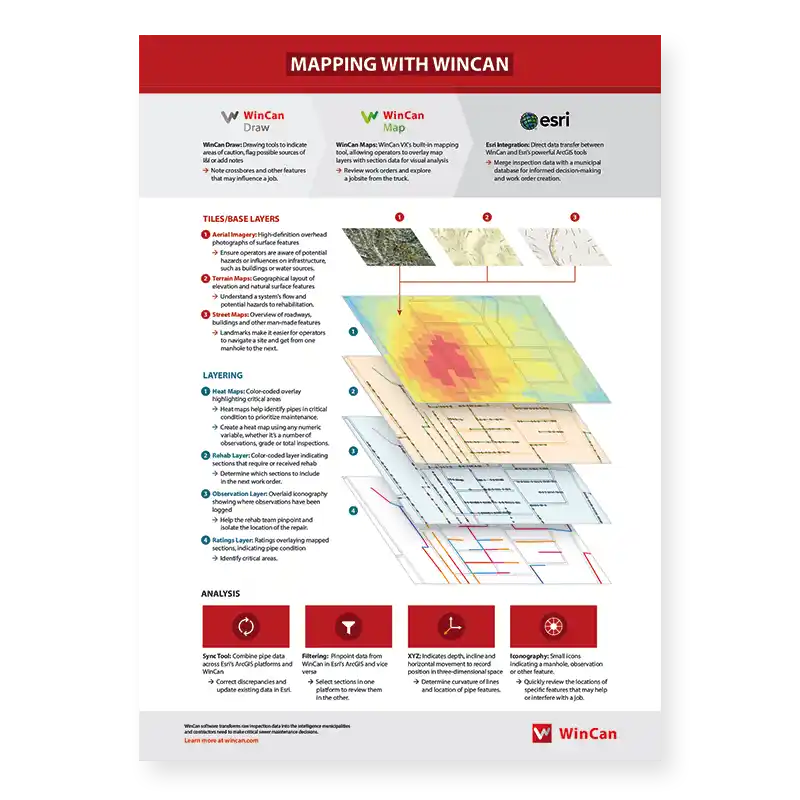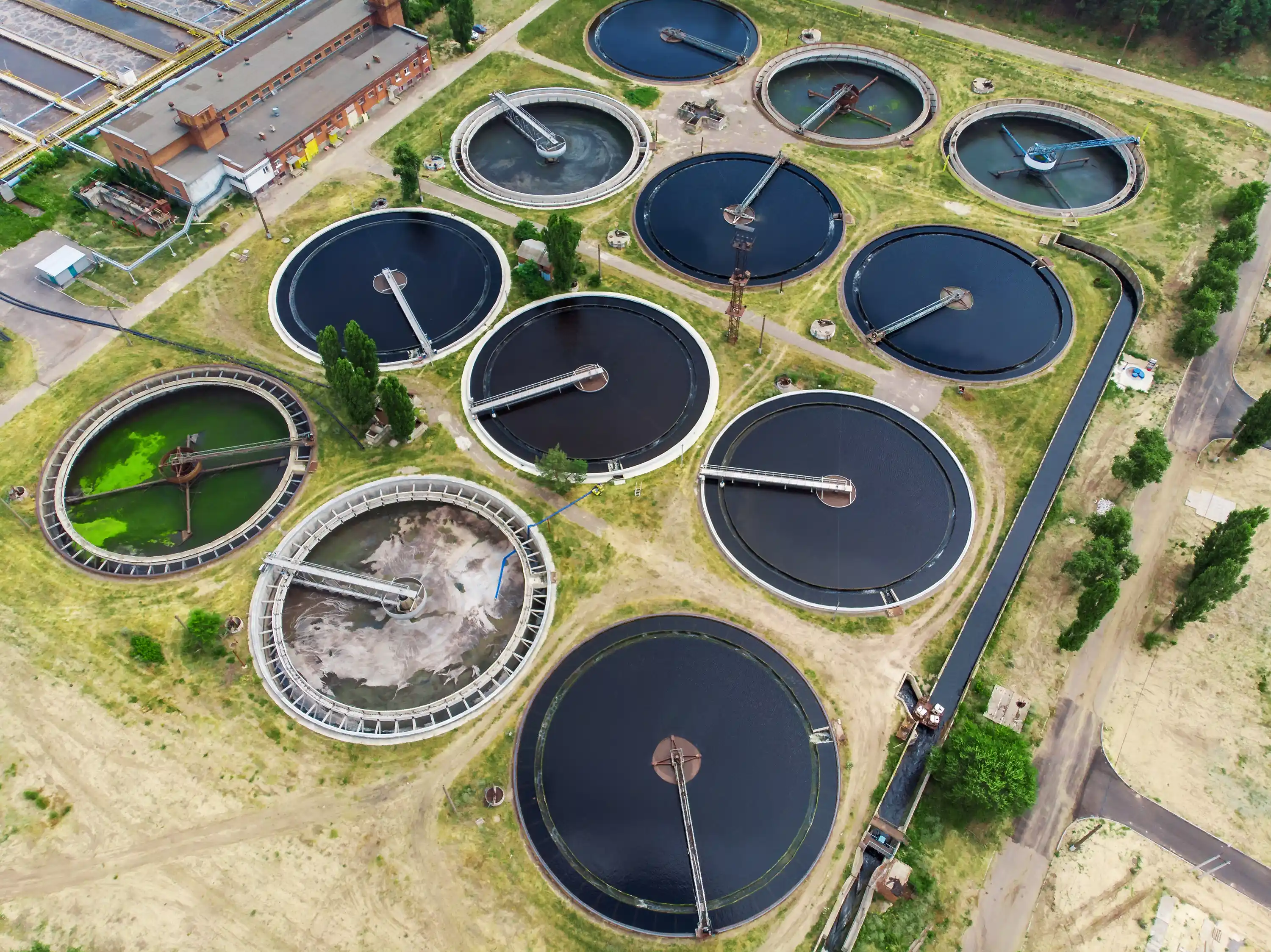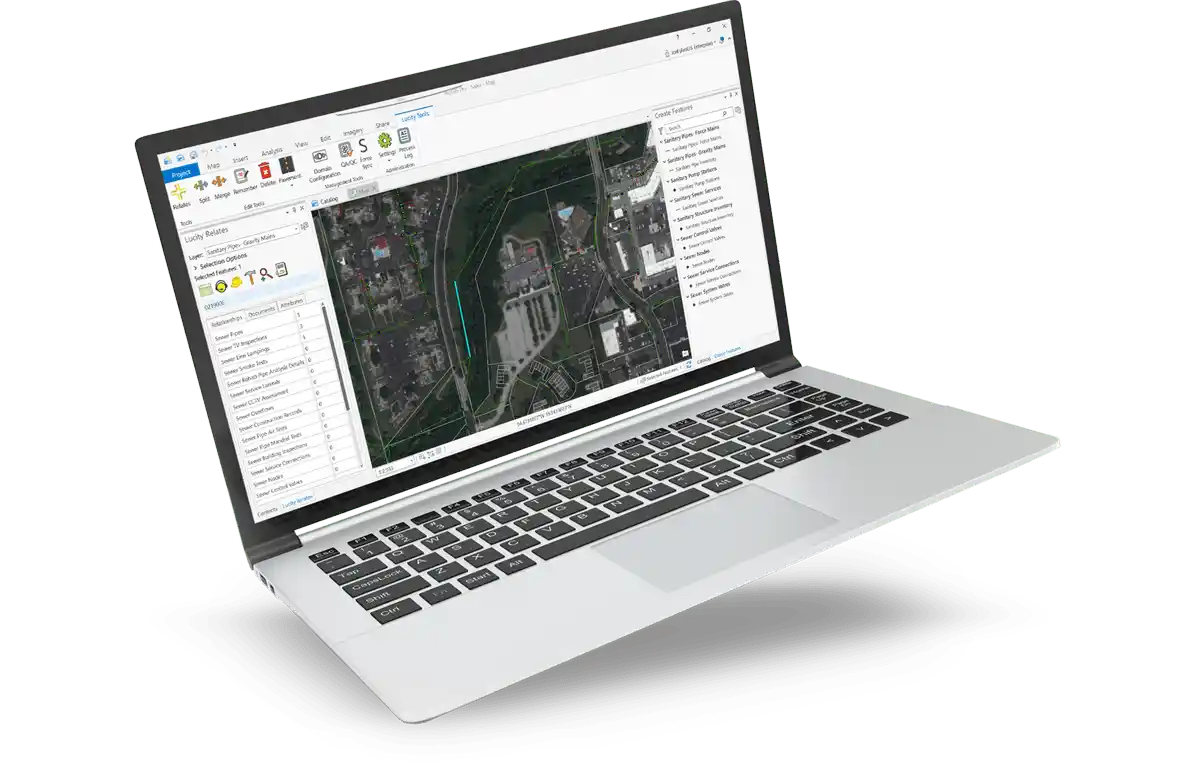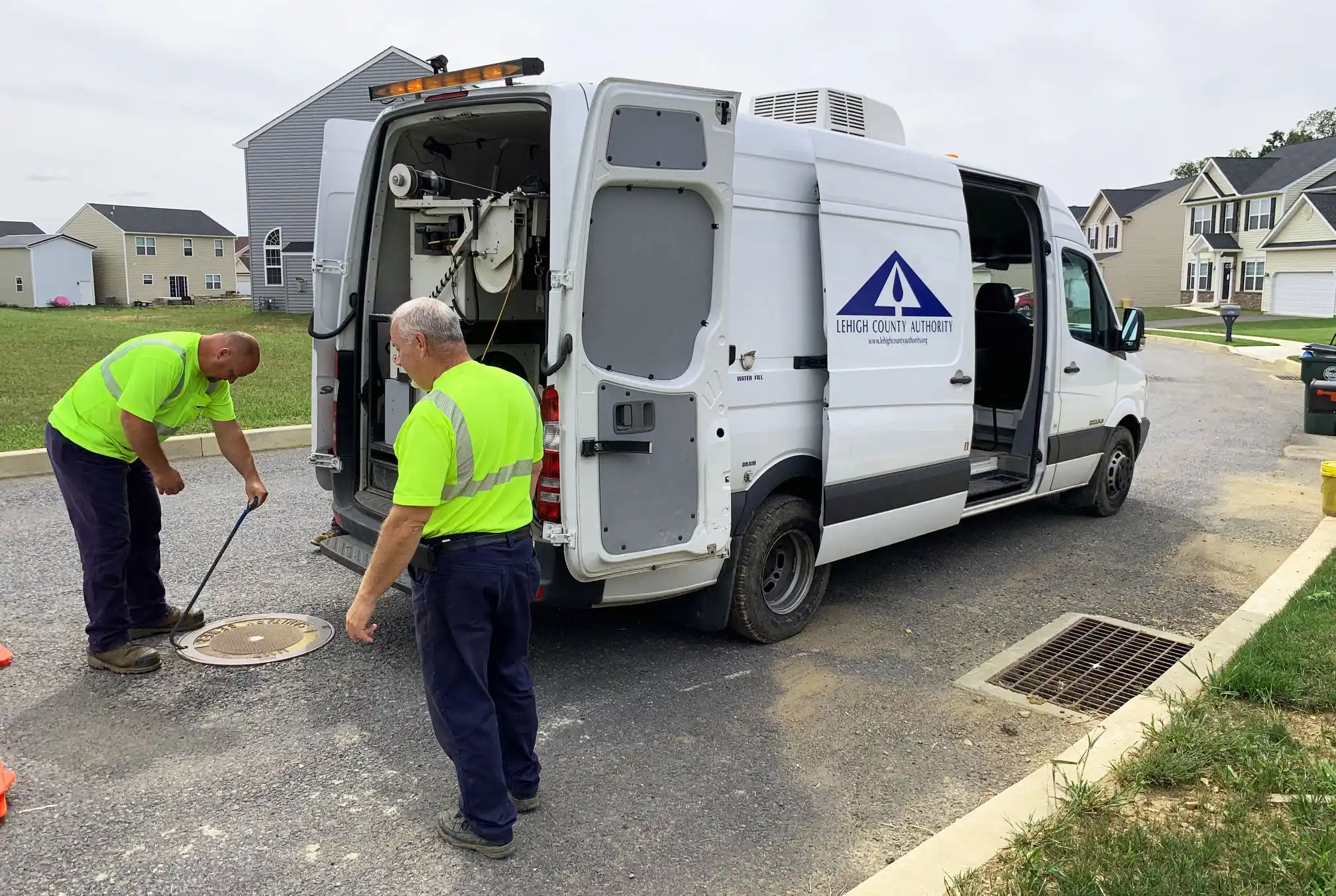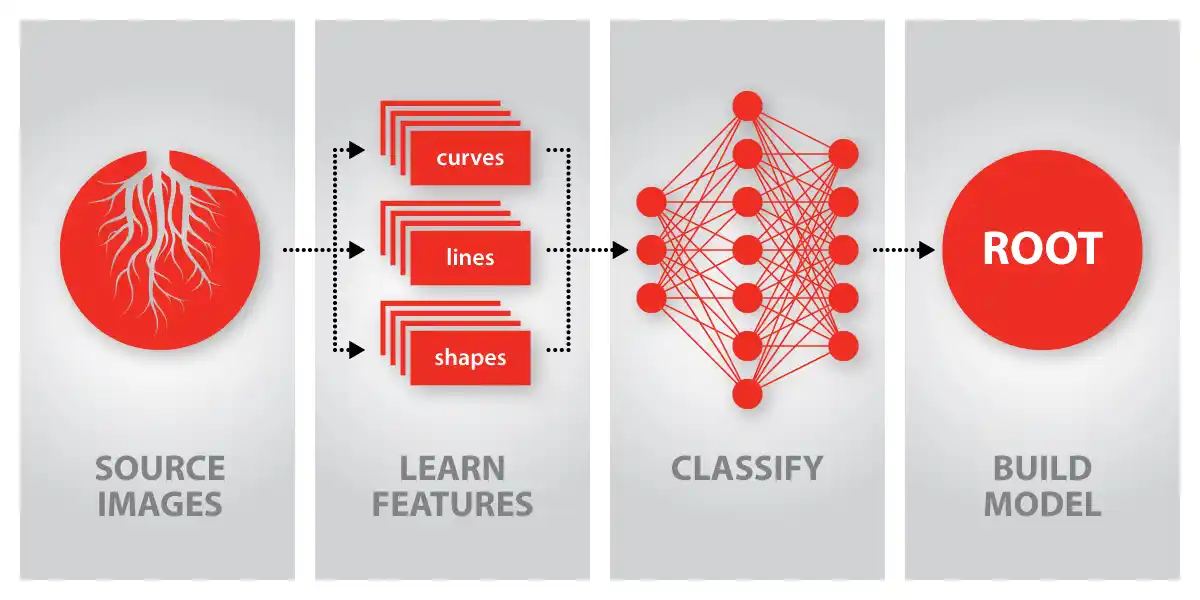It’s impossible to ignore the impact that AI is having on utility management and the wastewater industry. Municipalities and contractors that have gotten their hands on the technology are already seeing returns, and while adoption may be gradual, forward-thinking decision-makers are educating themselves and their teams about where AI could fit into operation and maintenance workflows.
Tips for Getting Sewer Inspection Crew Buy-in on AI
[fa icon="calendar'] May 1, 2023 2:48:01 PM / by WinCan
Sewer Basics: Global Pipe Condition Assessment Standards
[fa icon="calendar'] Sep 21, 2022 2:17:47 PM / by WinCan
Condition assessment standards help sewer teams find a common, shared language to determine the health of sewer infrastructure. These standards, and the coding schemes associated with them, can differ from one region to the next. However, they all share the same goal of translating the results of sewer inspections into easily understood data to ensure operation and maintenance decisions are well-informed.
Embracing Interface Tools In WinCan VX
[fa icon="calendar'] Oct 21, 2021 3:04:30 PM / by WinCan
Sewer pipe inspection requires a keen eye and attention to detail, but in today’s industry, teams also need to get their work done fast. The last thing operators want to do is fumble through spreadsheets and windows while on the job, distracted from precision assessment and slowing down the workflow.
Sewer Basics: Fats, Oils and Grease (FOG)
[fa icon="calendar'] Sep 2, 2021 11:59:43 AM / by WinCan
Fats, oils and grease, also known as FOG, is one of the most harmful types of waste flushed down the drain. The primary source of FOG is cooking and food preparation, and while residential homes are significant contributors, commercial restaurants and manufacturing plants are actually the biggest source. Most restaurants produce FOG constantly due the nature of their work. While many dispose of it properly via a trash can or recycling program, FOG still makes its way down into the sewers at an alarming rate.
Download the Quick Guide: Mapping With WinCan
[fa icon="calendar'] Aug 16, 2021 10:59:49 AM / by WinCan
WinCan’s new downloadable quick guide, Mapping With WinCan, is a valuable resource for operators and engineers alike. With helpful descriptions and examples of tiling, layering and analysis tools, this guide introduces users to WinCan’s array of mapping features and workflows.
Sewer Basics: What Do Treatment Plants Do?
[fa icon="calendar'] Jun 16, 2021 1:13:07 PM / by WinCan
When your primary focus is sewer inspections, it’s easy to lose sight of wastewater’s intended destination: a treatment plant. Wastewater treatment is the process of removing organic and inorganic matter, chemicals and other pollutants from water, ensuring it is clean and safe for discharge into the local environment.
Integration Spotlight: CentralSquare EAM (Powered by Lucity)
[fa icon="calendar'] Apr 27, 2021 6:47:15 PM / by WinCan
In 2018, WinCan partnered with Lucity to bring even more flexibility to the WinCan platform and enhance the asset management capabilities of wastewater professionals around the world. Lucity had been an industry leader in wastewater asset management for nearly 30 years when they partnered with WinCan. Just a year later, they were acquired by CentralSquare, a move that would build on that value with even more robust offerings.
Sewer Basics: Who Maintains Sewers?
[fa icon="calendar'] Apr 12, 2021 3:20:06 PM / by WinCan
Sewer systems require regular inspections and maintenance to ensure they function at peak efficiency. But who is actually responsible for the labor involved in sewer upkeep?
How AI Learns to See Defects
[fa icon="calendar'] Mar 22, 2021 3:25:45 PM / by WinCan
Although artificial intelligence (AI) won’t replace wastewater professionals, the sewer industry is making great strides in developing AI algorithms that can monitor data, predict outcomes and complete tasks in the same way a human would. From using telemetry data to improve upon hydraulic modeling of sewers, to AI-powered applications that identify anomalies in effluent, machine learning has enabled sewer professionals to better see, understand and manage wastewater and the infrastructure that transports it.
3 Ways to Improve Wastewater Data Management
[fa icon="calendar'] Mar 12, 2021 11:08:06 AM / by WinCan
Legacy data provides wastewater professionals the opportunity to review the history of defects for a given section, monitor rates of deterioration, and make more informed decisions on when and how to repair infrastructure. However, the condition of legacy data makes a significant difference in the value that it provides to municipalities. In particular, data security, accessibility and quality are all crucial to successfully managing wastewater infrastructure and sustaining data hygiene.

.webp)

